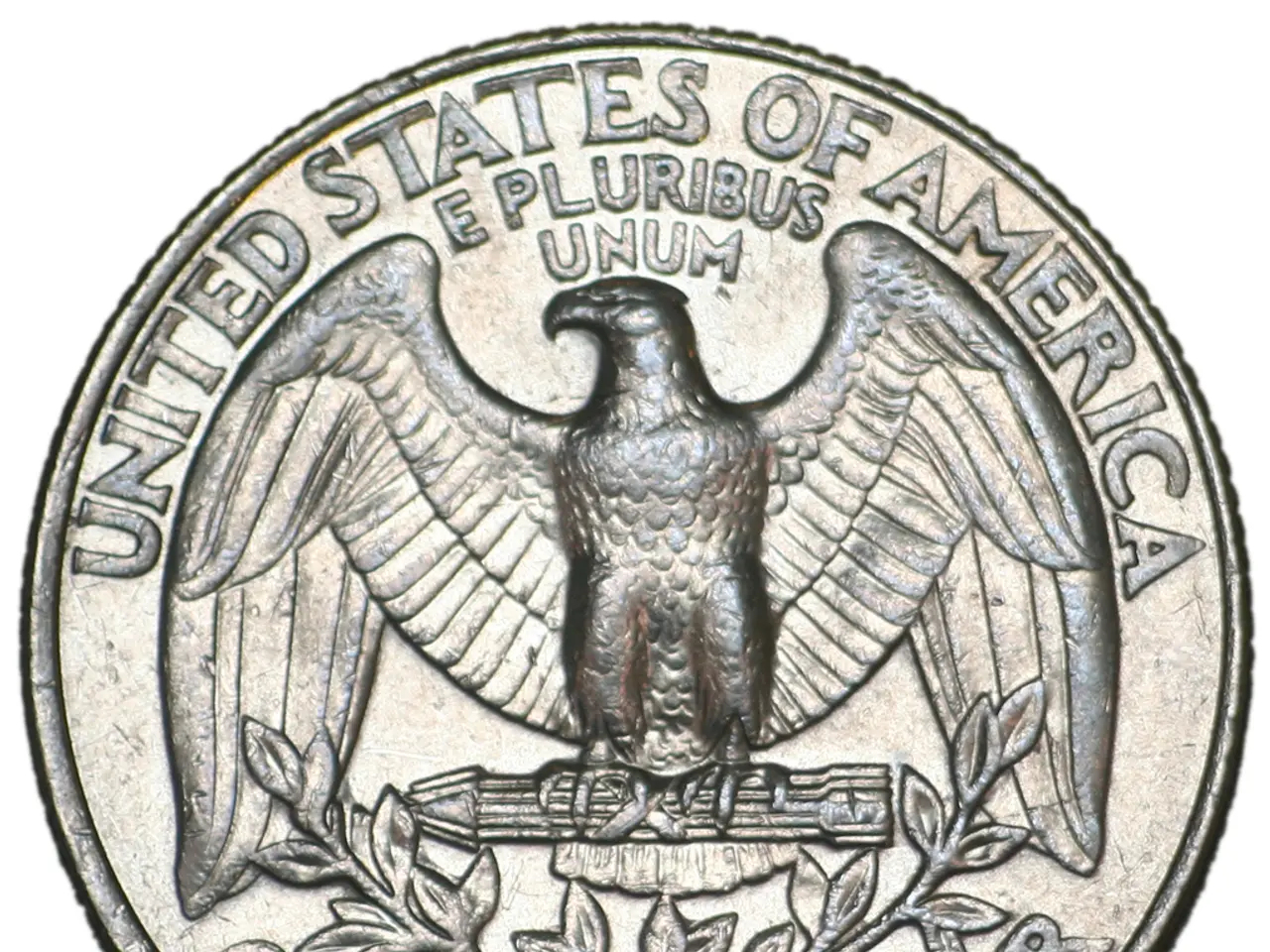Oil market shifts may lead to decrease in petrol prices in UAE during April.
UAE Petrol Prices Expected to Stabilize or Decrease in April
The UAE petrol prices for April are anticipated to remain stable or decrease, according to recent market dynamics and the UAE's fuel pricing mechanism.
The government of the UAE announces revised fuel prices at the end of each month, and these adjustments are primarily influenced by international oil price movements. In March 2023, global crude prices averaged $70.93 per barrel, a decrease from $75 in February, which could put downward pressure on petrol prices in the UAE.
Furthermore, OPEC+ is expected to increase crude production, potentially adding more supply to the market and supporting lower crude oil prices or preventing a sharp rise. This could further contribute to a decrease or stabilization of petrol prices in the UAE.
In March 2023, petrol prices in the UAE were Dh2.73 per litre for Super 98, Dh2.61 for Special 95, and Dh2.54 for E-Plus 91. The table shows that the prices for Super 98 and Special 95 have increased more significantly than for E-Plus 91 from January to March 2023.
It is important to note that while the search results provide recent UAE petrol price data from 2025 and mention how prices respond monthly to global oil price fluctuations, there is no direct forecast specifically for April 2023 petrol prices in the UAE. However, the pricing mechanism and market dynamics imply that with subdued crude prices and potential OPEC+ supply increases in that timeframe, petrol prices would not be expected to rise sharply.
Other factors affecting oil markets include escalating tensions in the Middle East, US military strikes against Houthi rebels in the Red Sea, Israeli operations in Gaza, and the ongoing Russia-Ukraine conflict, which are heightening market concerns.
However, potential peace talks in Ukraine could offset some of these risks, according to George Pavel, general manager at Naga.com Middle East.
In conclusion, consumers in the UAE may see relief at the pump in April as petrol prices are expected to decline due to stabilized oil prices. However, it is essential to monitor the situation closely as oil markets continue to experience volatility due to geopolitical developments and economic uncertainty.
- The anticipated stabilization or decrease in UAE petrol prices in April could positively impact the general-news industry, as lower fuel costs might boost consumer spending and stimulate economic development.
- The UAE's cabinet, consisting of key members of the government, may reassess its finance strategies as decreasing petrol prices could provide some fiscal relief and potentially stimulate the growth of local industries.
- As part of the ongoing energy debate, policymakers in the UAE's politics sector may be encouraged by this petrol pricing trend, as it could help increase the country's energy independence and improve its global standing in the trade of petroleum products.
- With petrol prices expected to decrease, the UAE's financial market could witness increased stability, as lower energy costs might reduce inflation and further strengthen investor confidence in the national economy.




